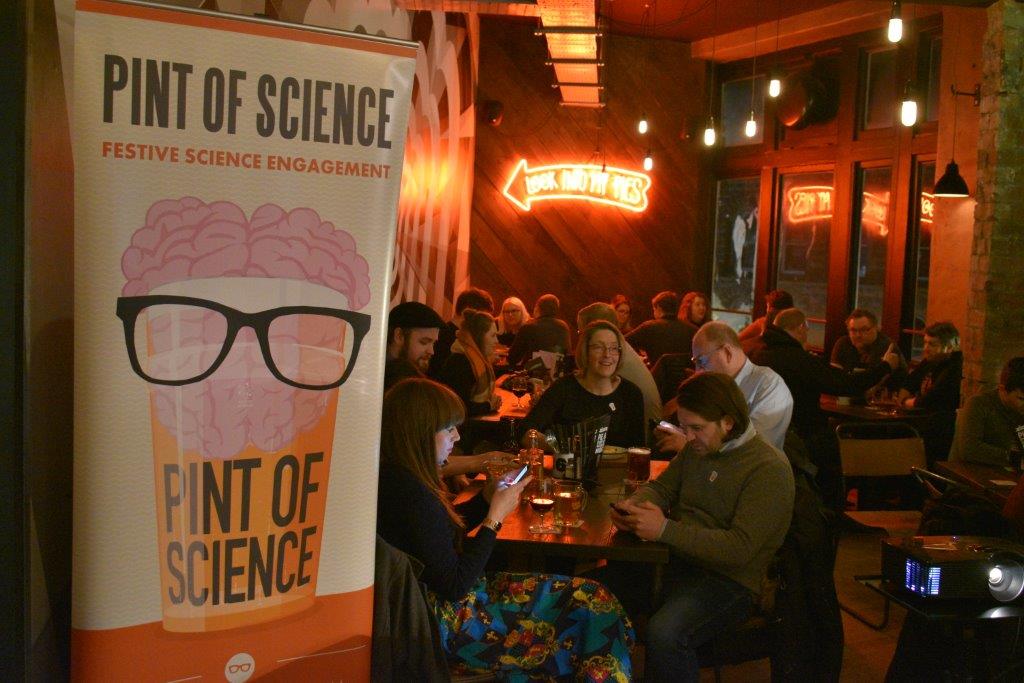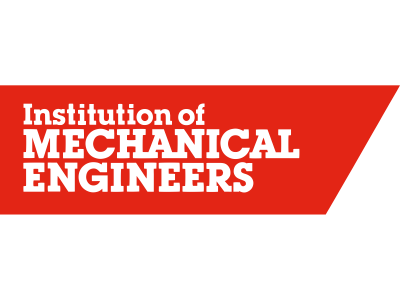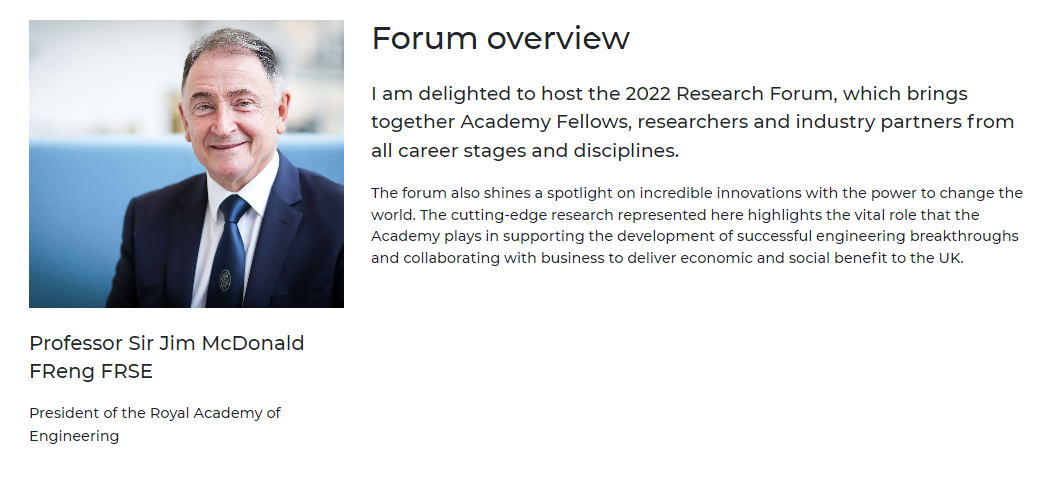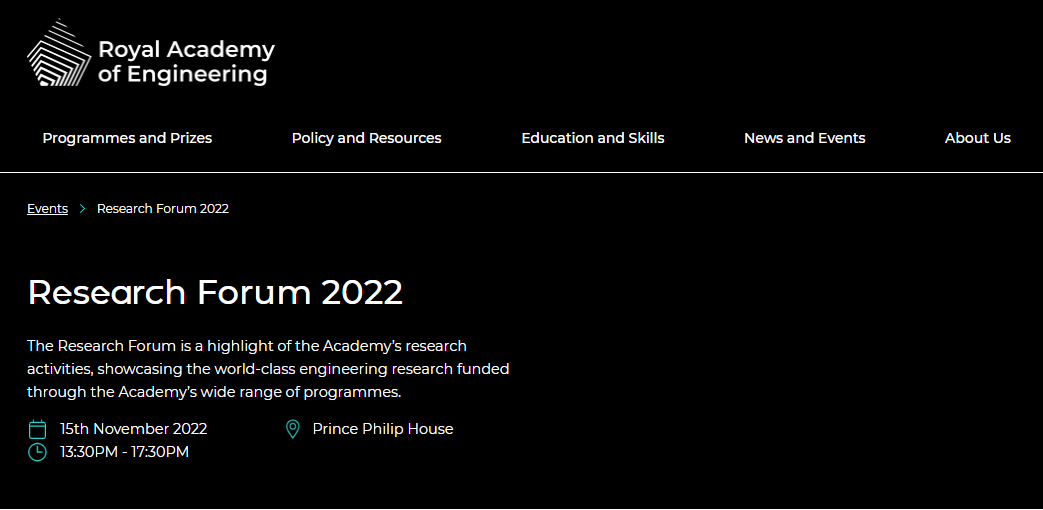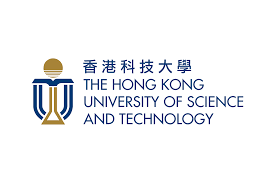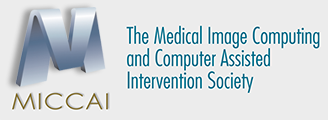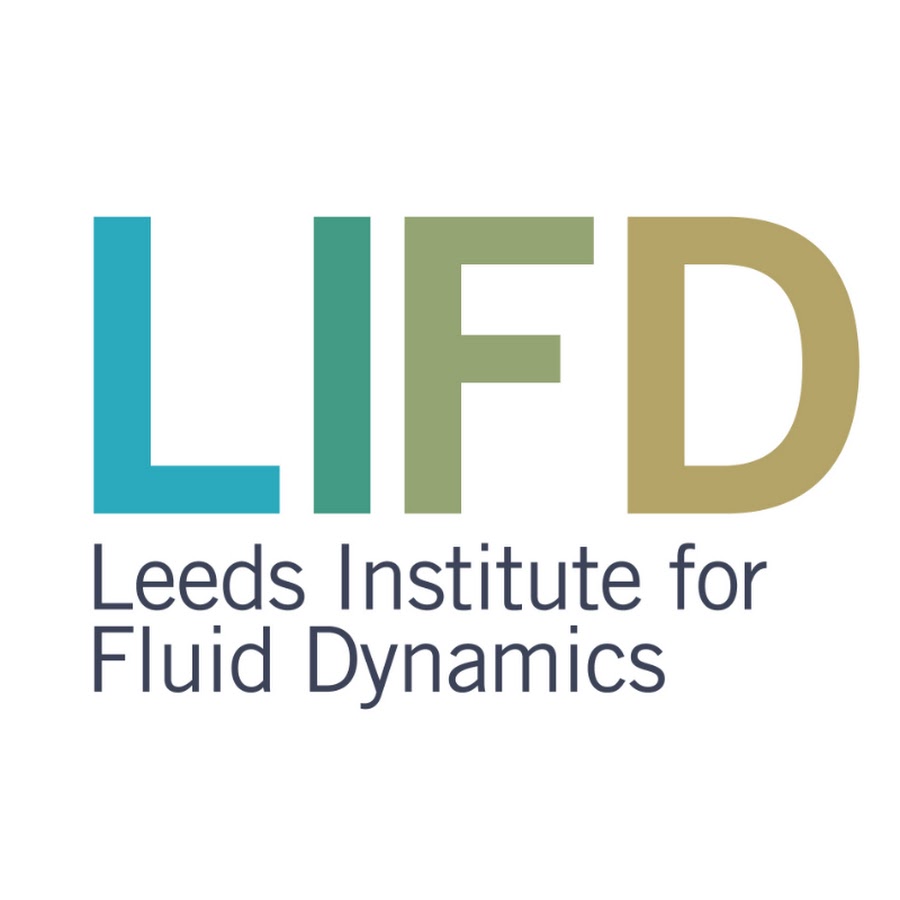
Super User
What's Next for Orthopaedic Engineering? Data-driven Approaches - IMechE
Diamond Jubilee Chair in Computational Medicine and Royal Academy of Engineering Chair in Emerging Technologies - The University of Leeds
Claudia Lindner: "Computer-Aided Analysis Of Radiographic Imaging Data To Study, Diagnose And Manage Musculoskeletal Disorders"
Sir Henry Dale Research Fellow - University of Manchester
Technical Lead - Radii Devices Ltd. UK
PhD candidate at the Department of Orthopaedics - Erasmus Medical Center Rotterdam
Royal Academy of Engineering Research Forum 2022 - Alejandro Frangi Presentation
Our Director Prof Alejandro Frangi and RAEng Chair in Emerging Technologies contribute to the Royal Academy of Engineering Research Forum 2022 presenting our groundbreaking work on in silico trials: Intelligent Medical Device Innovation
RAEng Forum 2022 URL: https://raeng.org.uk/events/2022/november/research-forum-2022
Computational Precision Imaging for Next-Generation Regulation of Medical Products.
In this talk, I will overview our progress in the INSILEX Programme.
We envision a paradigm shift in medical device innovation where quantitative sciences are exploited to carefully engineer medical device designs, explicitly optimize clinical outcomes, and thoroughly test side effects before being marketed.
INSILEX is underpinned by Computational Medicine, an emerging discipline devoted to developing quantitative approaches for understanding the mechanisms, diagnoses, and treatment of human disease through the systematic application of mathematics, engineering, and computational science.
Dealing with the extraordinary multi-scale complexity and variability intrinsic to human biological systems and health data demands radically new approaches compared to methods for manufactured systems. Within this framework, INSILEX extensively uses medical image computing, a mature field challenged by the progress made across all medical imaging technologies and more recent breakthroughs in biological imaging.
We advocate for “Precision Imaging”, not as a new discipline but as a distinct emphasis in medical imaging, unifying the efforts behind mechanistic and phenomenological model-based imaging. This talk summarizes and formalizes our vision of Precision Imaging for Precision Medicine and highlights connections with past research and our current focus on large-scale computational phenomics and in silico clinical trials.
MICCAI Fellow Talk Professor Alejandro F Frangi
MULTI-X Workshop
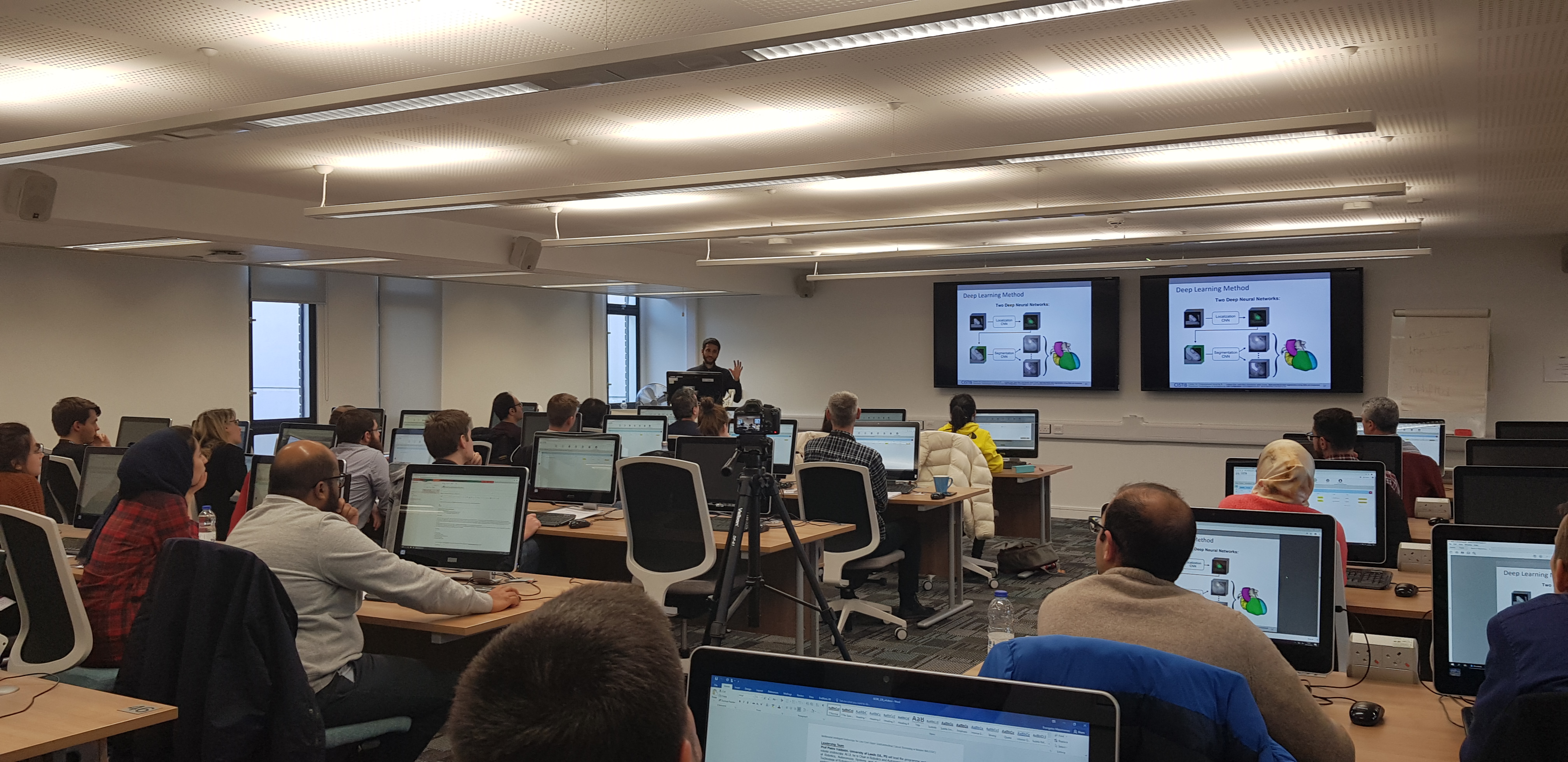
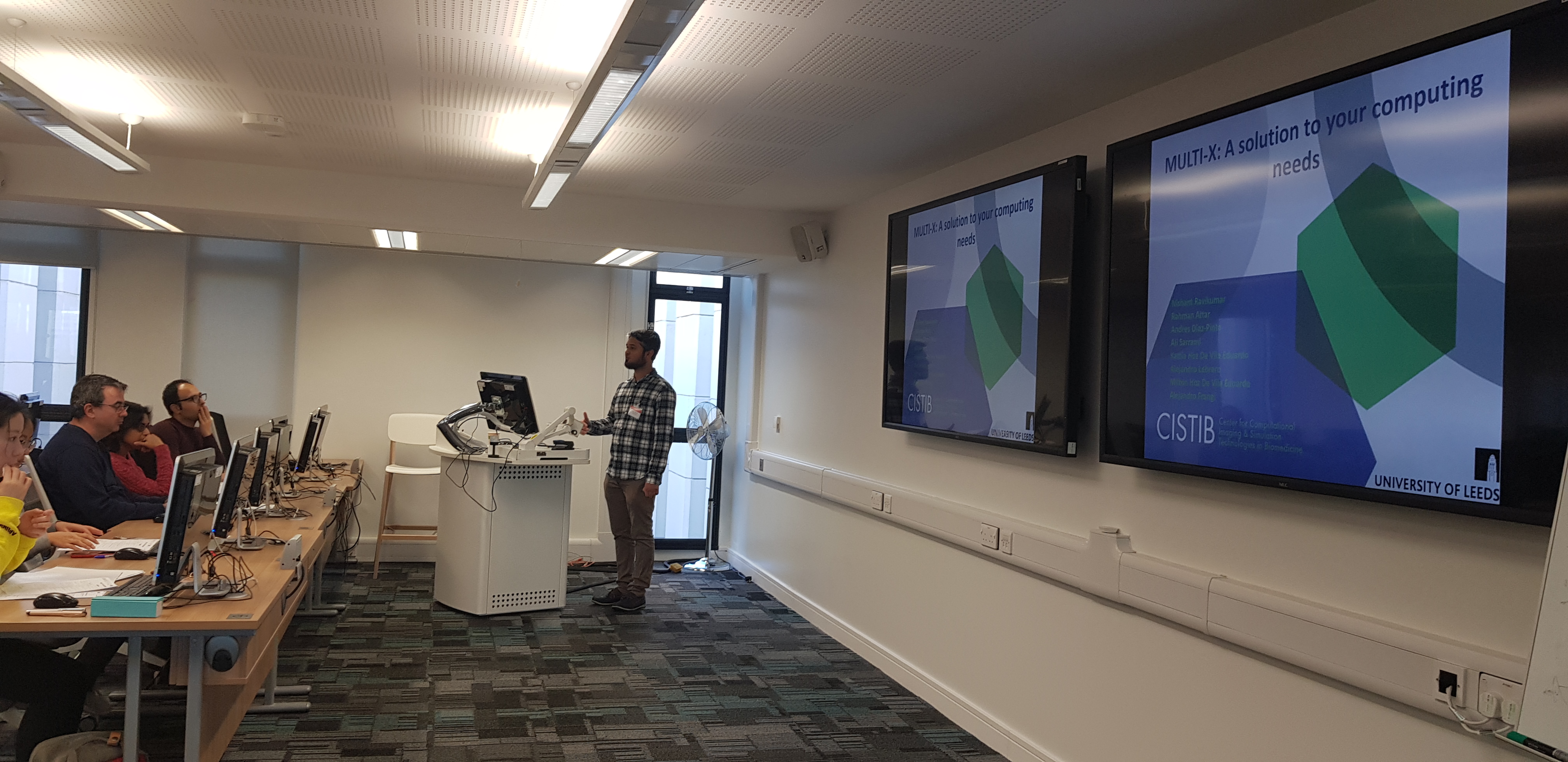
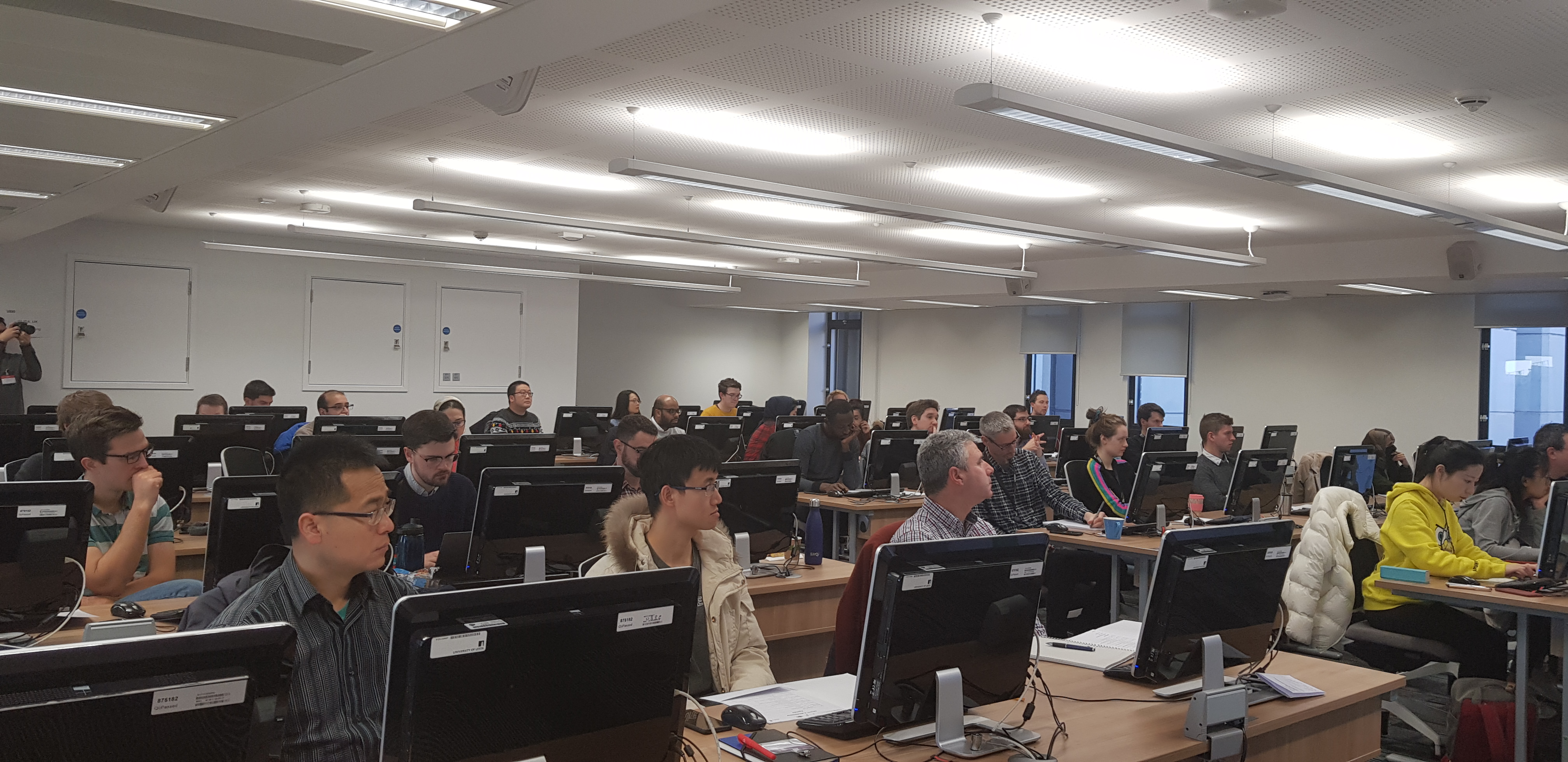
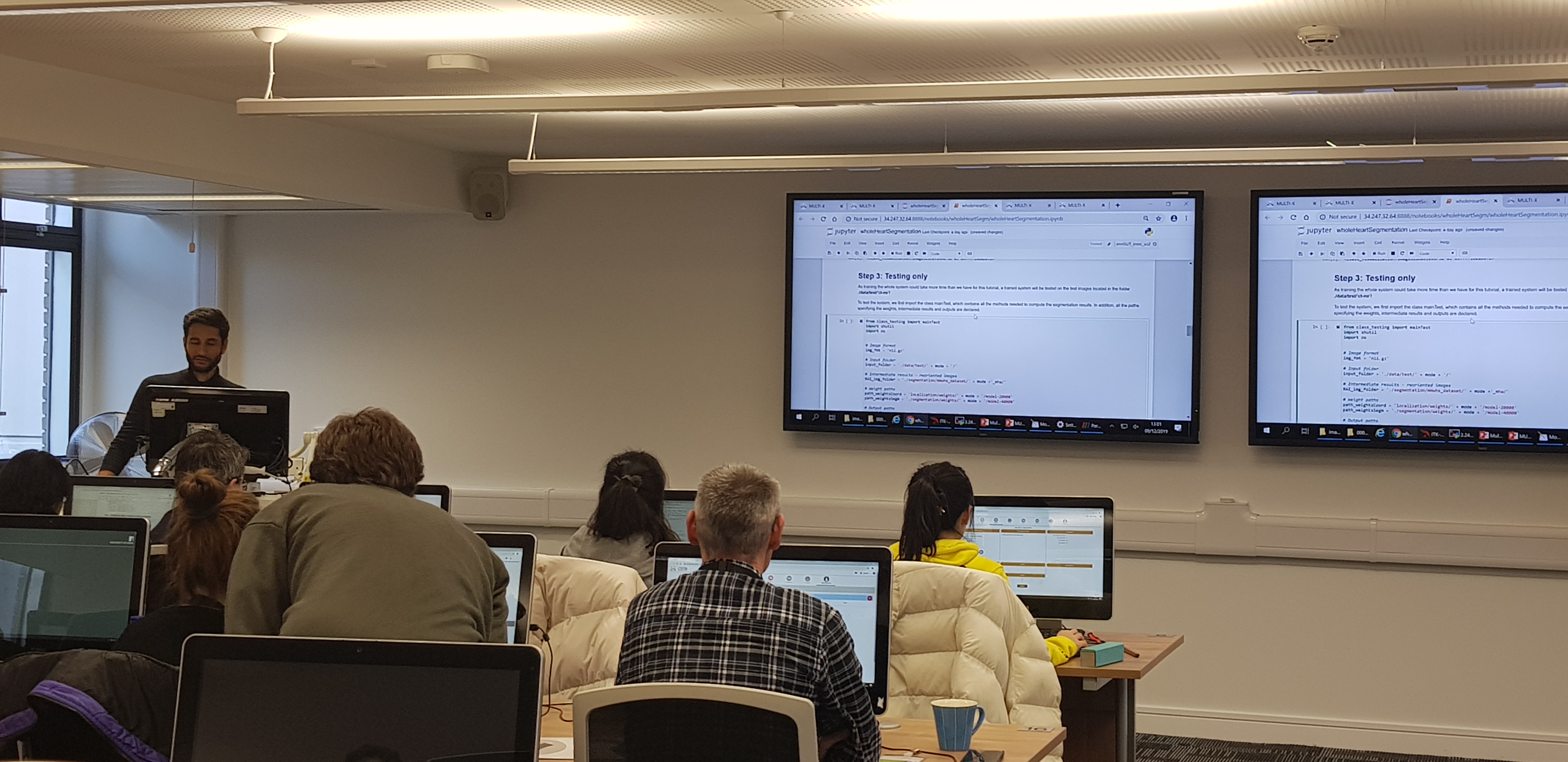
Leeds Fluid Dynamics Symposium - 2022
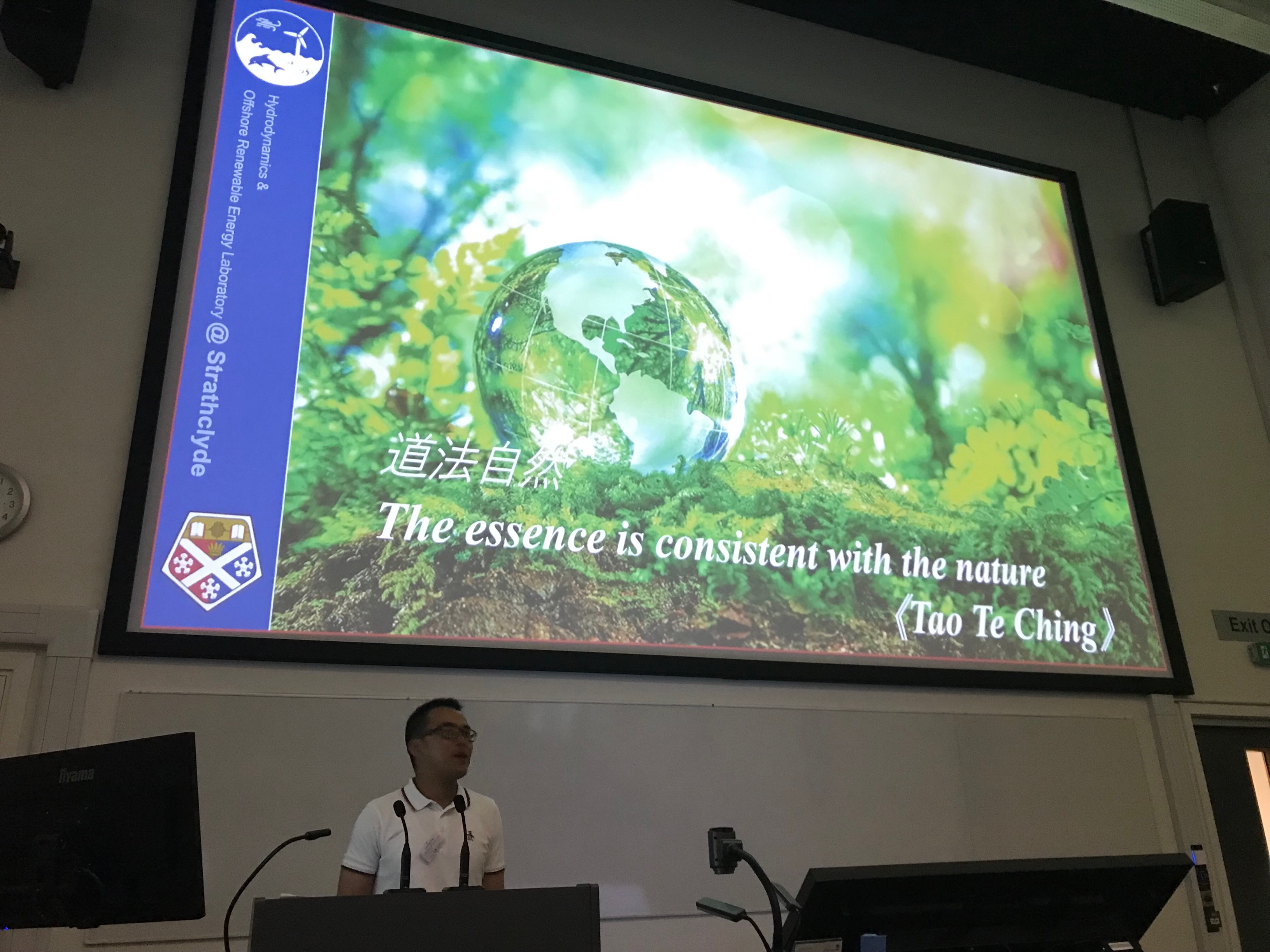
CRUK RadNet Student/postdoc Symposium
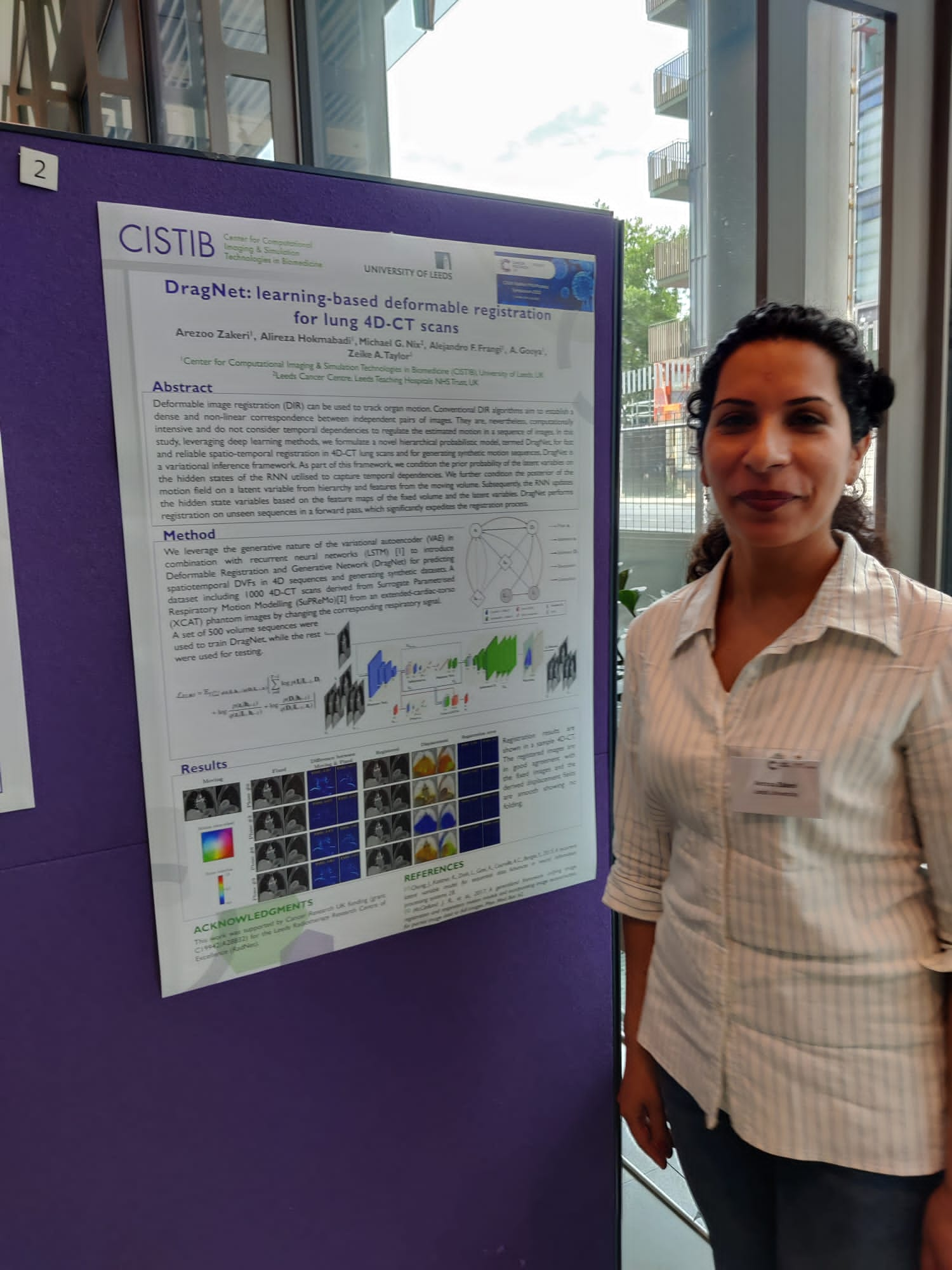
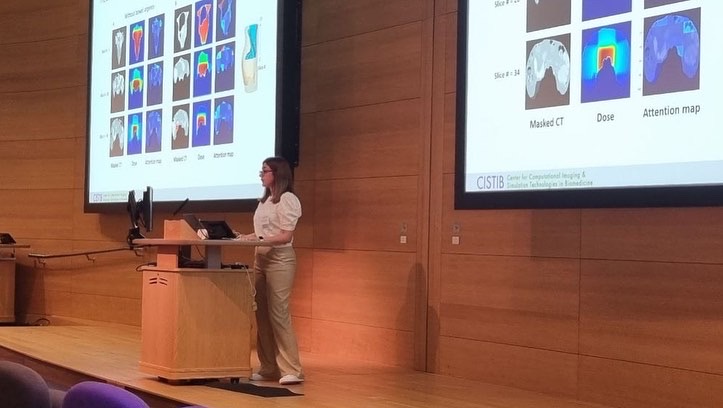
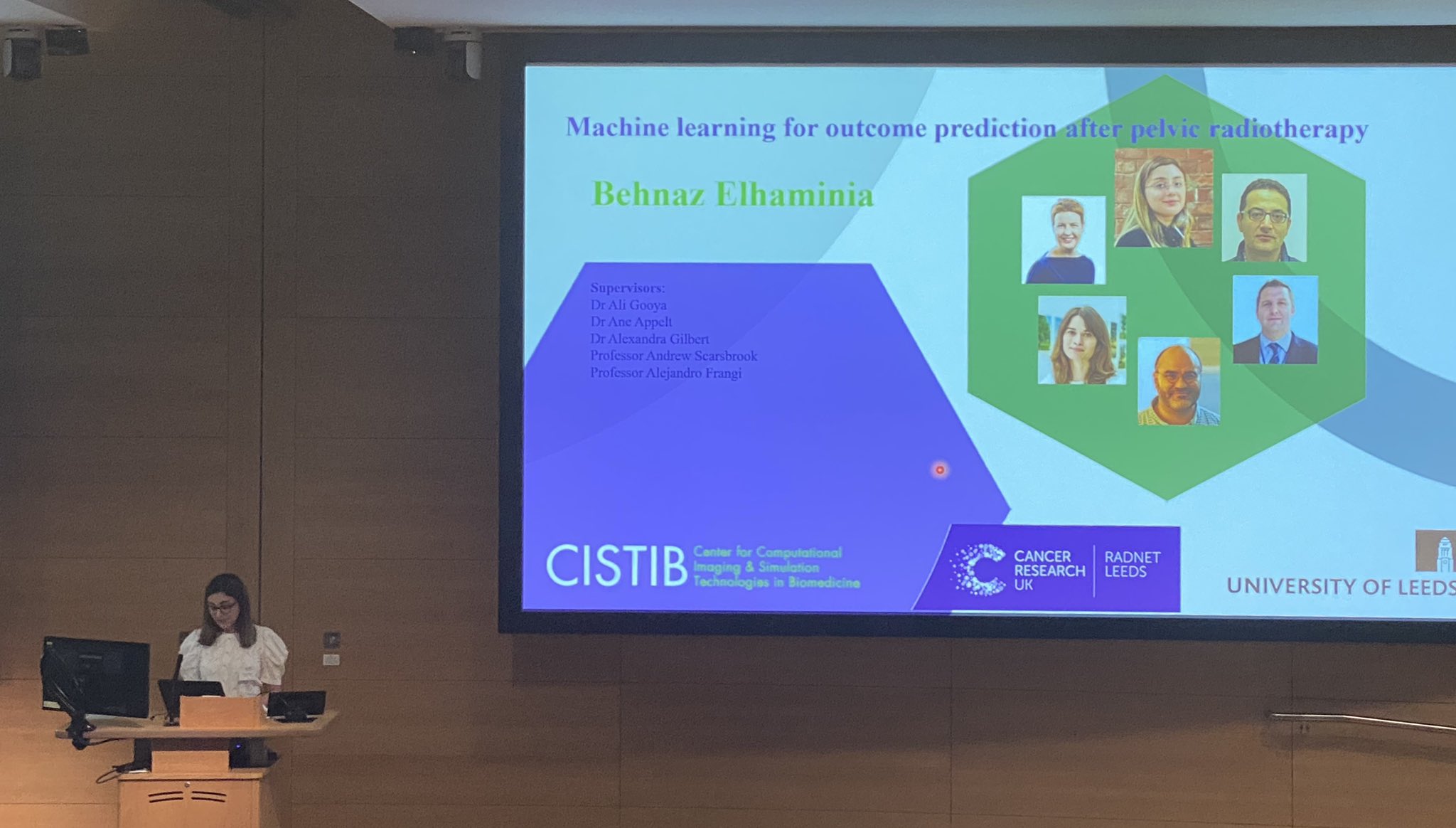
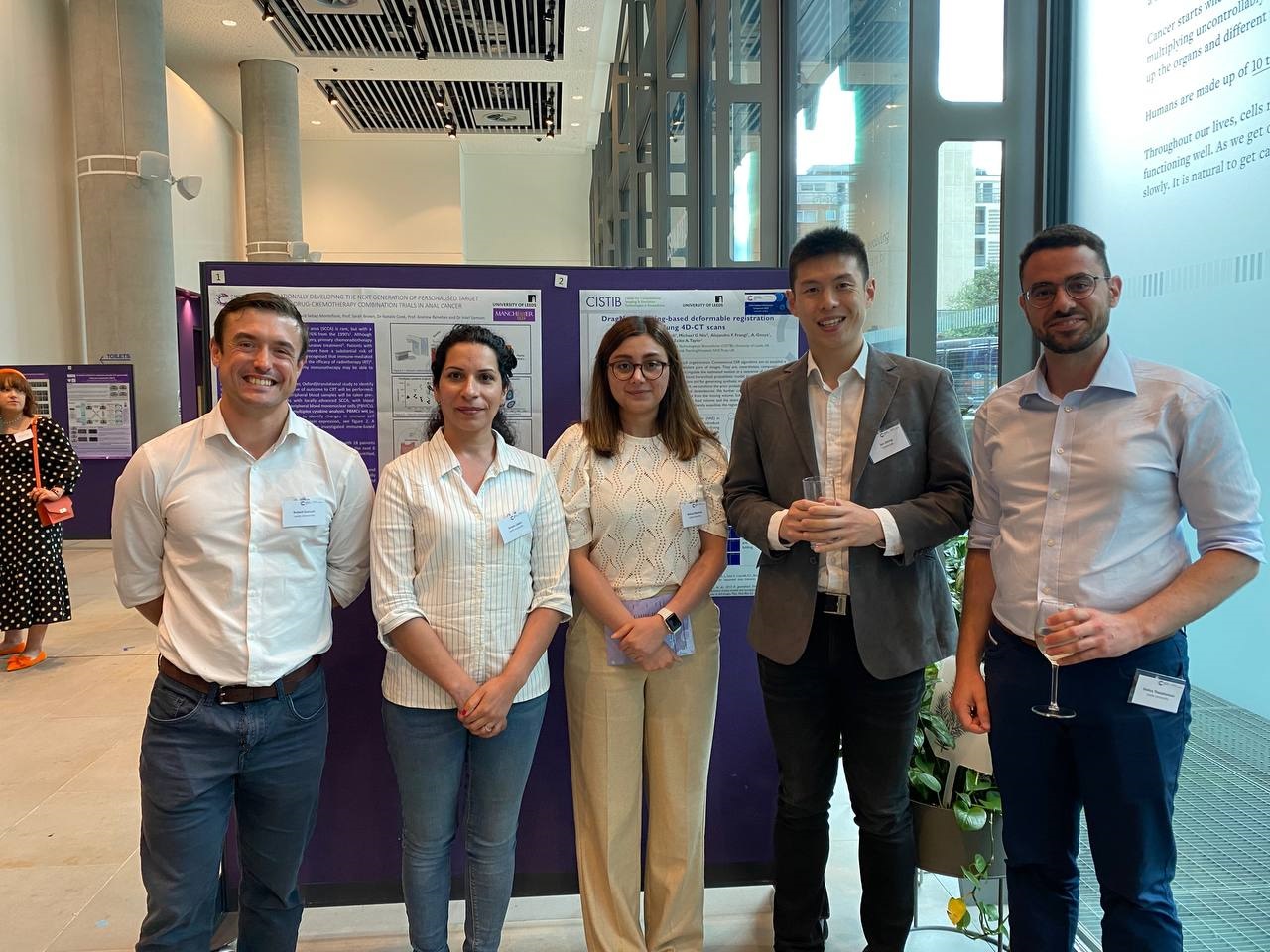
Pint of Science - How is Leeds shaping the future of healthcare?
Zeike Taylor (Associate Professor School of Mechanical Engineering)
Nishant Ravikumar (Lecturer in Computer Science)
